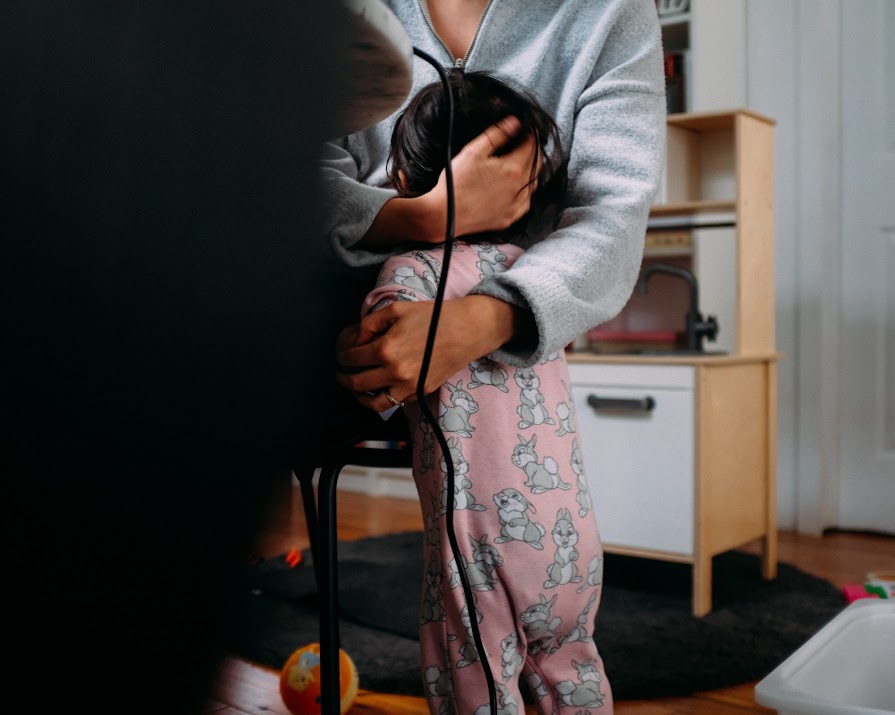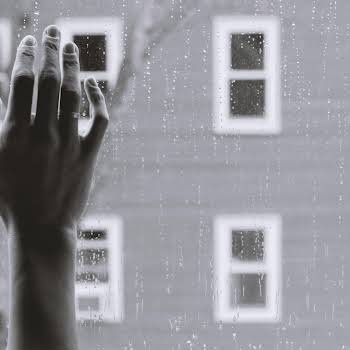
The Covid pay gap: how the pandemic is making financial equality even harder to achieve
By Megan Burns
07th Oct 2020
07th Oct 2020
The Covid crisis has made it even harder for women to close the pay gap, and is forcing others out of work completely.
We all have heard the depressing statistics that show your gender is a factor in how much you will get paid. In fact, in March, before the pandemic hit Ireland, PwC’s Women in Work Index showed that Ireland’s gender pay gap actually increased in recent years, from 5.9% in 2017 to 7.5% in 2018.
If it needed improvement before the pandemic, it has surely only increased since then. Issues with childcare and job losses are disproportionately affecting women, and the UK gender equality charity Fawcett Society has calculated that the pandemic means that women will not achieve financial equality for 90 years.
This is due to a number of factors, including the fact that remote working combined with childcare facilities being closed for many has meant they have to juggle their normal working day with full-time childcare. A report by the Oireachtas Library & Research Service has anticipated how Irish women’s income and careers will be affected by the pandemic.
It notes that “The Caring and Unpaid Work in Ireland study found that 40% of women compared to 26% of men reported daily involvement in childcare. It also found that 81% of women compared to 44% of men reported doing daily housework and that women spent more total weekly hours on housework than men (20 hours compared to 9).” Therefore, it continues, it is likely that women will have less time available to work from home than men in the same position.
“A likely immediate consequence of this is that women’s productivity in employment will suffer more than men’s; a longer-term consequence is potentially fewer economic opportunities for women (e.g. merit-based promotion) and a wider gender renumeration gap.”
Basically, if a male and female employee are doing the same role remotely, the male employee is likely to have more time to dedicate to it, and has a better chance of outperforming his colleague. This makes him more likely than his female counterpart to be commended, and promoted in the future.
Another study by the Institute for Fiscal Studies and UCL interviewed almost 4,000 families over recent months, and found that in homes where there are working parents, mothers were only able to do one hour of uninterrupted work for every three hours done by fathers.
As well as this, the Oireachtas Library & Research Service report states that women disproportionately make up the sectors such as retail and hospitality that were shut down entirely in response to Covid-19, and therefore were more likely to lose earnings.
One study by the Institute of Fiscal Studies showed that at the time of lockdown, 17% of female employees were in a sector that is now shut down compared to 13% of male employees.
While most businesses are now allowed to reopen, it is these sectors such as hospitality and retail that will find it the hardest to return to normal, with many businesses now opening with only very limited staff, or still not at all.
And with childcare becoming an even greater issue, as many facilities are delaying their reopening, or doing so with only limited numbers, it is becoming only harder to find a place for your child.
If no place is available, it is surely more likely that women will have to take time off work, or give it up completely to care for their children, as they were already almost twice as likely as men to be responsible for childcare before the pandemic.
It’s hard to tell exactly how far back this will set women’s financial equality, but it has certain it has made it harder to achieve.
Featured image: Charles Deluvio via Unsplash
Read more: ‘The work has to get done and to the same standard – period. This has been my hardest time as a working mother, ever’
Read more: Back-to-school guidelines include ‘Pods’, no sharing and physical distancing
Read more: ‘As a GP, this is what I will — and won’t — be doing during Phase 3’























